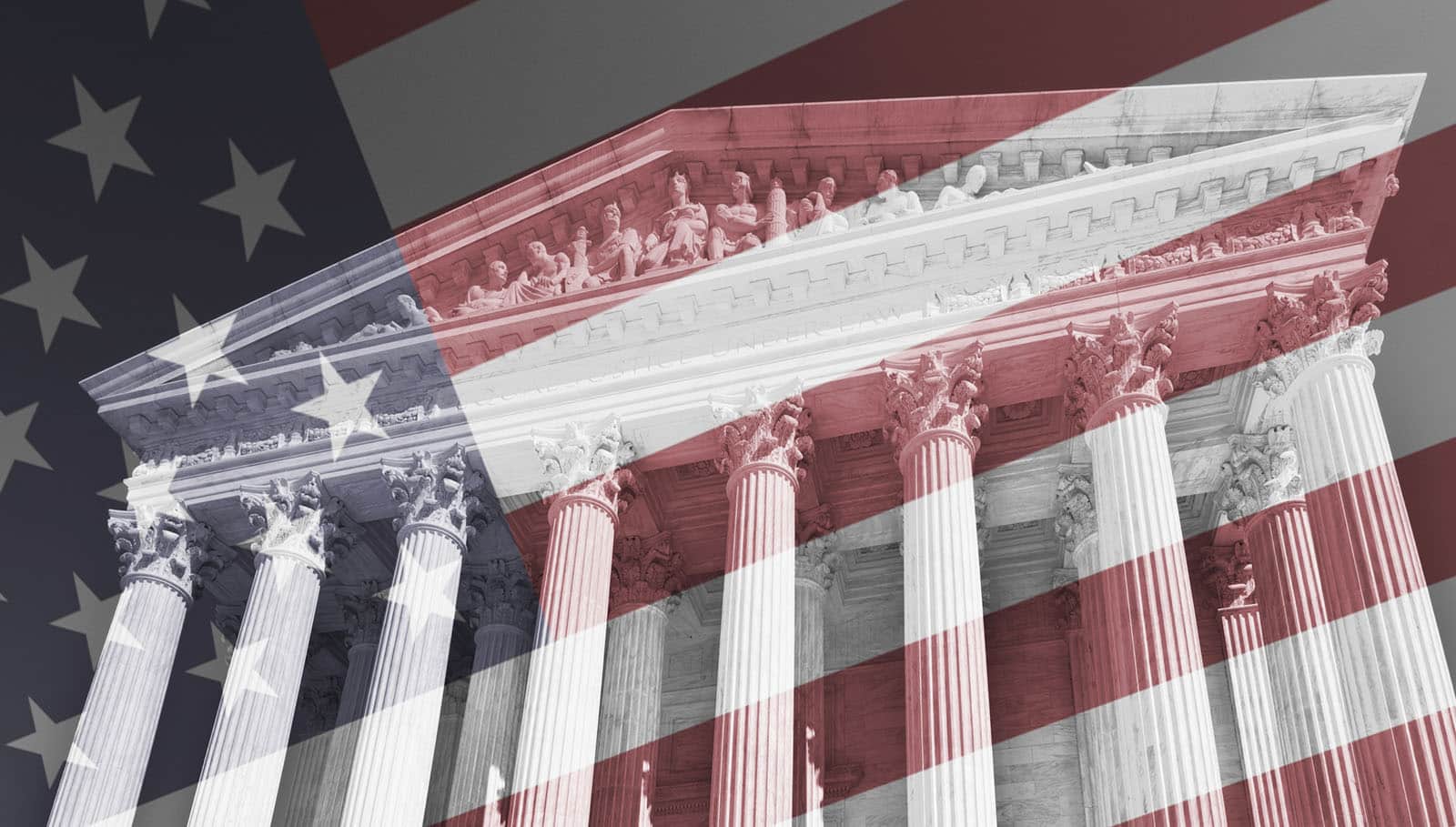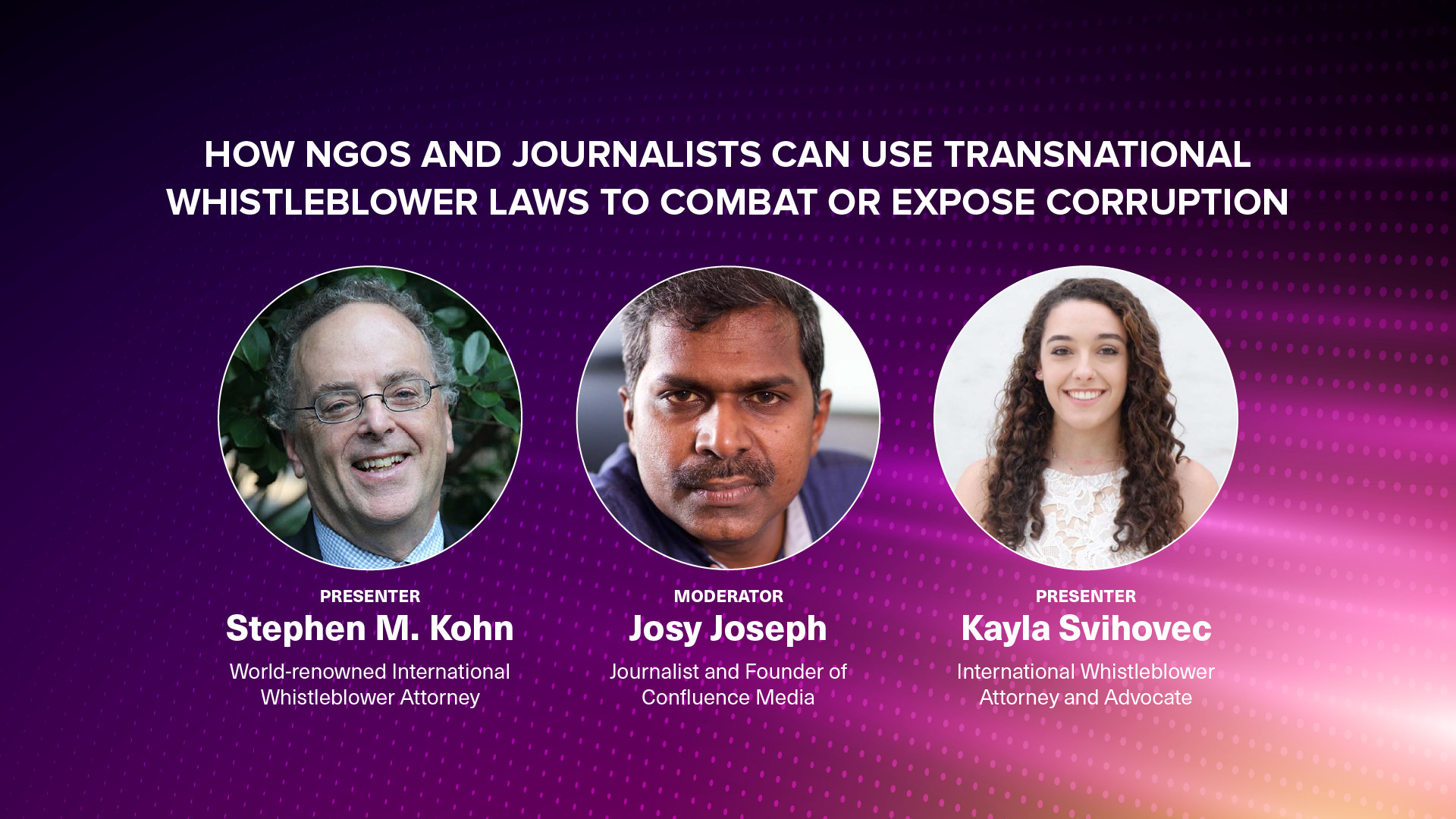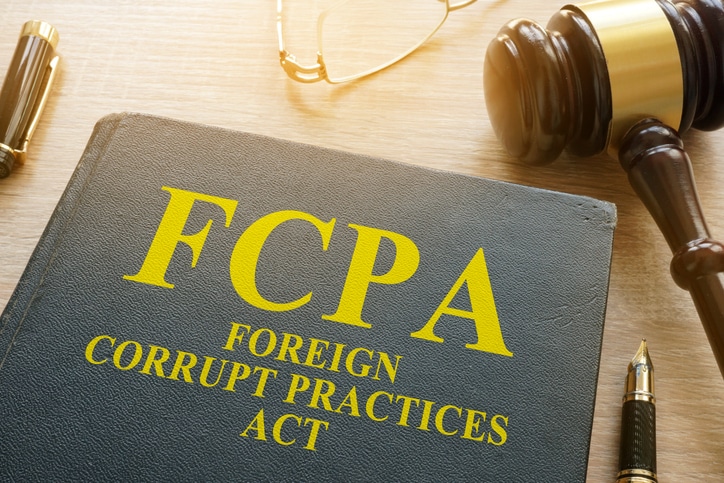Introduction to Corruption in Canada
While Canada is seen as a “clean” country, it is not immune to corruption. Corruption in Canada occurs on all levels, and may include bribery, extortion, embezzlement, and financial fraud, which we’ll dive into further in this guide. Corruption happens at all levels of government, both local and federal, and within the private sector.
The effects of corruption in Canada degrades the integrity of the institutions designed to serve the public. And when those institutions fail, the public loses trust. The long-term consequences are much father-reaching. Corruption in Canada impacts economic growth, social justice, and political stability, which is important for overall stability.
In this guide, we’ll provide an overview of corruption in Canada, including its forms, causes, and consequences, as well as legal frameworks and strategies being developed to combat corruption. More importantly, we’ll discuss the U.S. whistleblower protection and award laws available to those who have information regarding foreign corruption, money laundering, or a violation of U.S. securities, commodities, or tax law.
History of Corruption in Canada
Canada has experienced corruption throughout its history, despite being considered a somewhat clean and honest country. Corruption has been present in both government and private sectors. Below is a short history of corruption:
Early Colonial Era
During this period, the fur trade was alive and strong. However, very little regulation allowed bribery, favoritism, and monopolies to grow. The administration was also seen as corruption, most notably regarding land grants and the judicial administration.
19th Century
This period was fraught with numerous corruption scandals, mainly in politics. This includes the Pacific Scandal, which involved money being paid by private interest groups to conservative parties to cover election expenses, as well as in bidding for a national rail contract. This led to the resignation of Canada's first prime minister.
20th Century and 21st Century
Canada continued to experience corruption well into the 20th and 21st century, where the 1970s and 1980s saw numerous scandals involving public officials involved in bribery, fraud, and conflict of interest. This all led up to the 2000s, which saw the collapse of several major corporations.
Present Day
Canada still faces a major corruption issue. In recent years, high-profile scandals have occurred, such as the SNC-Lavalin scandal, a political scandal which involved alleged interference with the justice system by Prime Minister Justin Trudeau and the Prime Minister's Office. Bribes and fraud by the Canadian firm led to controversy, which led to the resignation of several public officials.
Additionally, concerns over money laundering in British Columbia and Ontario is of concern, as is corruption in the real estate market, which we'll get into in the next section.
Types of Corruption in Canada
Albeit a "low corruption" country, Canada experiences a diverse range of corruption which can be seen in politics, as well as in the public and private sector. Some of it also stems from organized crime, where criminals engage in illegal finance in the underground economy. Here are a few of the common types of corruption to give you an idea:
Political Corruption
- Bribery: Offering or accepting payments or gifts to influence decisions or actions.
- Embezzlement: Misappropriation of funds or assets for personal gain.
- Nepotism: Favoring relatives or friends in appointments or contracts.
- Conflict of interest: Situations where a public official's personal interests could influence their official duties.
Corporate Corruption
- Fraud: Deceptive practices to obtain a financial advantage.
- Money laundering: Disguising the source of illegally obtained money.
- Bribery: Offering or accepting bribes to secure business deals or contracts.
- Insider trading: Trading securities based on non-public information.
Public Sector Corruption
- Extortion: Demanding money or other benefits under threat.
- Abuse of power: Using one's position to gain personal advantage.
- Ghosting: Receiving payment for work that was not performed.
- Kickbacks: Receiving a portion of a contract's value in exchange for awarding it.
Organized Crime
- Drug trafficking: The illegal trade of drugs.
- Human trafficking: The illegal trade of people for exploitation.
- Extortion: Demanding money or other benefits under threat.
- Money laundering: Disguising the source of illegally obtained money.
It's important to note that Canadian authorities have implemented measures to combat corruption, including legislation, enforcement agencies, and public awareness campaigns. However, the issue remains a challenge, and efforts are needed to maintain the country's reputation for integrity.
The U.S. has also made its position clear: Canadian whistleblowers can use U.S. whistleblower protection and award laws. However, to become eligible for protection and awards, the corruption must involve a U.S. person or company if a whistleblower decides to use these laws.
You can read more about these laws in the section below.
Examples of Corruption in Canada
The SNC-Lavalin Scandal (2014-2019)
This was one of the largest corruption cases in Canada. The engineering and construction giant was accused of paying bribes to Libyan officials to secure lucrative contracts. The scandal led to a political firestorm and resulted in the resignation of several cabinet ministers. SNC-Lavalin eventually pleaded guilty to fraud and was fined $280 million.
Airbus Affair (2010-2016)
This involved allegations of bribery and corruption related to the sale of Airbus aircraft to Canada's military. The scandal led to investigations by both Canadian and French authorities. While no charges were filed against Canadian officials, the case highlighted concerns about transparency and accountability in government procurement.
The McDonald's Canada Tax Controversy (2012-2014)
This was another notable case involving allegations of tax evasion. McDonald's Canada faced criticism for using complex corporate structures to minimize its tax obligations. While the company eventually agreed to pay an undisclosed amount to resolve the dispute, the case raised questions about the fairness of the Canadian tax system.
The Effects of Corruption in Canada
Corruption, like in many countries, has negative impact on Canada in many areas, effecting social, political, and economic integrity or growth.
First, it has economic consequences, such as stifling domestic investment, increasing costs for goods and services, as well as higher taxes. It can create an uneven playing field for competition, and ruin the integrity of essential public services, leading to a decline.
Secondly, corruption can lead to a degradation of trust in government and the institutions built to serve the public. It can also lead to the corruption of integrity of elections and democracy, which can create an environment where organized crime flourishes.
Lastly, the increase in corruption in Canada can lead to an increase in inequality, leading to a decreased qualify of life for many people living in Canada. This can weaken civil society and discourage civic engagement.
Anti-corruption Efforts in Canada
Before continuing, it's important to note that most anti-corruption laws in Canada have been widely criticized for being non effective. It's strongly advised that whistleblowers research and use U.S. whistleblower laws, if at all possible, as these are way more effective.
The Corruption of Foreign Public Officials Act (CFPOA)
This is a key piece of Canadian legislation designed to combat corruption.
Enacted in 1999, the CFPOA implements the Organization for Economic Co-operation and Development (OECD) Convention on Combating Bribery of Foreign Public Officials in International Business Transactions.
This law makes it a criminal offense to bribe a foreign public official, both domestically and internationally. Individuals and corporations can face prosecution for such offenses.
In 2017, the CFPOA was expanded to include facilitation payments, which are payments made to foreign government officials to speed up or facilitate routine transactions.
Additionally, in 2018, the Remediation Agreement regime was introduced to provide prosecutorial authorities with a tool to address corporate criminal wrongdoing.
The Extractive Sector Transparency Measures Act (ESTMA)
This is another significant piece of Canadian legislation aimed at improving transparency and accountability in the extractive sector.
Introduced in 2015, ESTMA requires certain businesses involved in the commercial development of oil, gas, and minerals to report the payments they make to governments, both in Canada and abroad. This measure aligns with Canada's international commitments to increase transparency and deter corruption in the extractive sector.
Furthermore, Canada joined the Extractive Industries Transparency Initiative (EITI) in 2007, demonstrating its support for improved transparency in resource-rich developing countries. The EITI works to publish and verify company payments and government receipts from oil, gas, and mining operations.
Reporting Corruption in Canada Using U.S. Laws
Canadians can use major U.S. whistleblower laws to fight foreign corruption, such as bribery, as well as money laundering, securities fraud, commodities violations, or tax evasion. For Canadians to be eligible, the person or company they are reporting must be U.S. based and or publicly traded.
Not all laws are the same, as some cover certain kinds of fraud or corruption. Below is an overview of the laws that Canadians can use today:
Foreign Corrupt Practices Act (FCPA)
Enforced by the U.S. Department of Justice, the Foreign Corrupt Practices Act can be used by Canadians who report foreign corruption involving U.S. persons or companies. Corruption primarily includes bribery, but can come in other forms, such as what’s listed in the above section.
For a whistleblower to be eligible for an award, the information must be “original” and lead to a minimum recovery of at least $1 million. The award percentage is between 15% and 30% of what is recovered. The exact percentage is determined by the quality and significance of the information provided, among other factors.
Securities and Exchange Commission (SEC) Whistleblower Program
The U.S. Securities and Exchange Commission (SEC) whistleblower program is open to those who provide original information regarding securities fraud, which leads to a successful enforcement action. To become eligible for an award, the amount must meet the minimum requirement of $1 million and involve a publicly traded company, which the SEC regulates.
Awards can range from 10% to 30% of the sanctions imposed, where the exact amount is determined by many factors, such as the quality and significance of information provided, as well as the level of risk involved in becoming a whistleblower.
Since the formation of the SEC Whistleblower Program, there have been over 850 tips from Canadian whistleblowers, some of which have been investigated.
Anti-Money Laundering and Sanctions Whistleblower Program
The Anti-Money Laundering Program is designed to award and protect whistleblowers who come forward with information regarding money laundering. Eligible whistleblowers may receive an award up to 30% of the sanctions over $1 million. This is based on the information provided by the whistleblower, which must be submitted voluntarily. Protection is also available to whistleblowers, if they are represented by a U.S. attorney
Internal Revenue Service (IRS) Whistleblower Program
The IRS whistleblower program rewards whistleblowers who bring original information to the IRS, which leads to a successful prosecution of a U.S. person or entity for tax evasion or fraud.
The minimum that a whistleblower must meet to become eligible for an award must be more than $2 million. The percentage can range between 15% and 30% of the amount recovered by the IRS. Again, the percentage amount depends mostly on the quality and detail of information provided, among many other factors, including whether the whistleblower was involved.
False Claims Act and Qui Tam
This is a federal law in the United States which allows individuals to bring lawsuits on behalf of the government in cases where an entity has defrauded the government. These lawsuits are known as qui tam actions, and those who bring them are known as qui tam relators.
Fraud may include false billing, kickbacks, bribes, overcharging for goods and services, false records, and more. Whistleblowers can receive a portion of the government’s recovery, which is between 15% and 30% of the monies recovered. It also offers protection from retaliation.
Conclusion
Albeit a rather clean country and showing signs of slight improvement, Canda still suffers from corruption, such as bribery and political scandals. And although Canada has engaged in anti-corruption efforts, they still fall short of effective.
Thus, Canadians should refer to U.S. whistleblower protection and award laws to fight corruption, as oftentimes, corruption involves U.S. publicly traded companies or those under U.S. jurisdiction. In many cases, anonymity and confidentiality is available to those who come forward, and many attorneys work on a contingency basis. This means they only get paid if they win your case.
Seeking Legal Assistance?
Our team has co-authored many of today's modern whistleblower laws and has intimate knowledge of the whistleblowing process.
The firm consists of the world's most renowned attorneys, such as Stephen M. Kohn, the whistleblower attorney who with client Bradley Birkenfeld, brought down Swiss banking and got Birkenfeld an award of $104 million. Or his work with client Howard Wilkinson, who exposed a $200 billion Russian money laundering scheme, which moved rubles out of Russian, and into New York banks.
Our team also consists of former SEC commissioner and acting chair Allison Herren Lee, who joins the firm as of counsel on securities and commodities fraud matters. And the people we hire are of the same caliber – experts in their field. There is no team more qualified to handle your case than Kohn, Kohn and Colapinto. Get in touch today for a free consultation.






